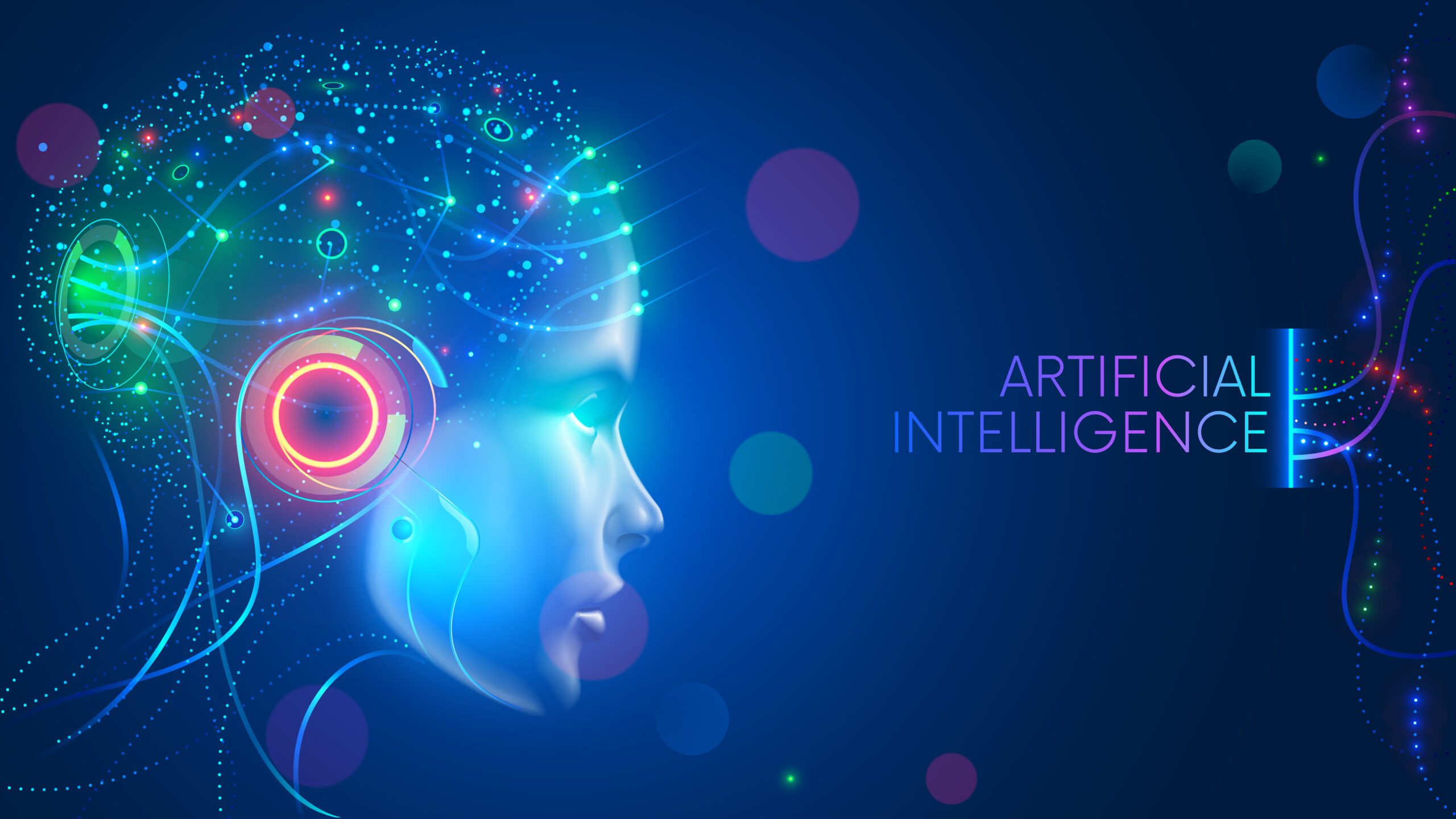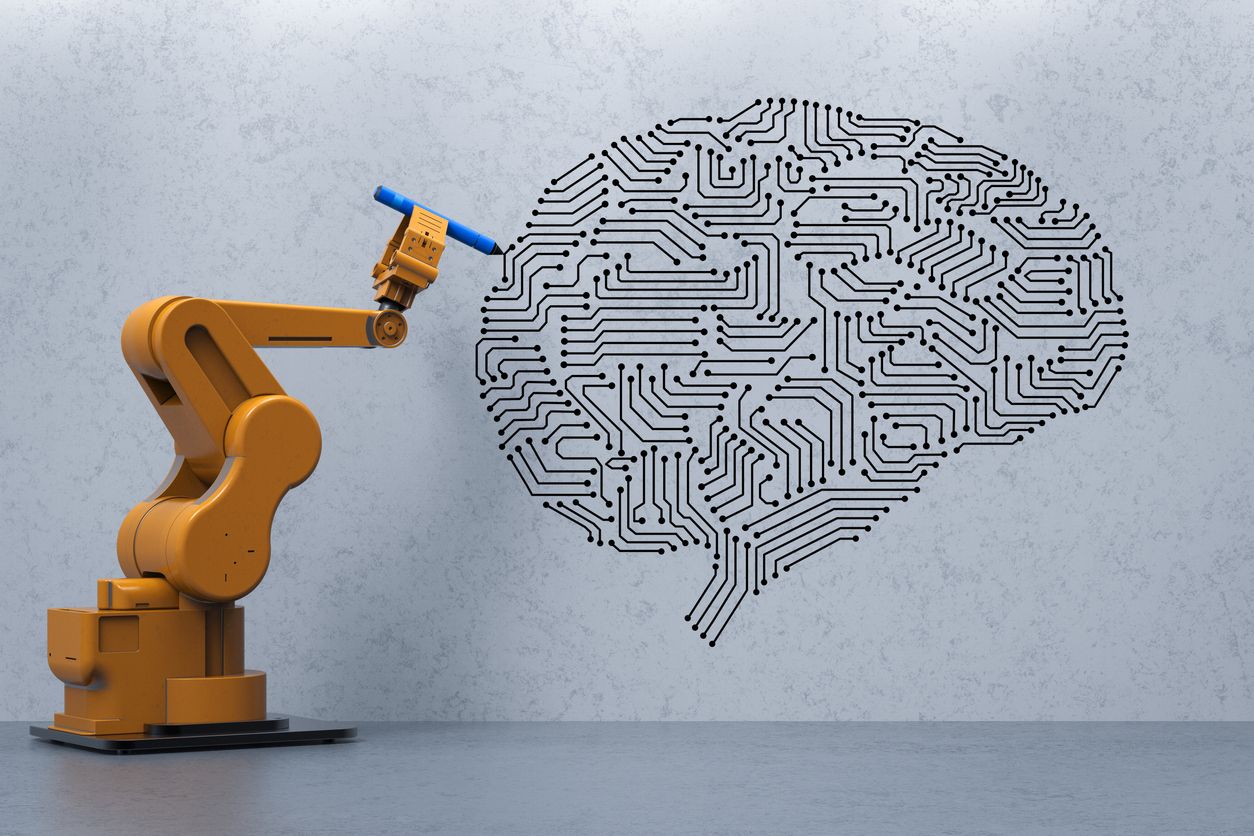With the advent of artificial intelligence, it’s no surprise that there are endless possibilities for its applications. From marketing to healthcare, there are countless ways in which AI can be used to make our lives easier. However, some applications of AI may surprise you. This article will explore five such applications and their potential benefits. From improving efficiency in your office to safeguarding your data, read about how AI is changing the world for the better.
What is Artificial Intelligence?
Artificial intelligence (AI) has been used in various fields, including healthcare, finance, law, business, and entertainment. In each case, AI can help make processes easier and more efficient. For example, in healthcare, AI can help to identify and diagnose diseases. In finance, AI can help to forecast trends and make better investment decisions.
In law, AI can analyze legal cases and provide recommendations. Businesses can use AI to automate tasks and improve accuracy. And finally, AI is used in entertainment venues such as films and video games to create more realistic characters and settings.
Applications of Artificial Intelligence
Artificial intelligence is being used in a variety of ways. Some examples include:
-Robo advisors are being used to help people make financial decisions.
-Autonomous vehicles are being used to transport people and goods.
-AI chatbots are being used to provide customer service.
-AI is also being used for research purposes.
Applications of artificial intelligence in the business world
Artificial intelligence has been used in several business applications, including marketing, customer service, and manufacturing. Here are five more examples:
1. Predictive maintenance: With predictive maintenance, artificial intelligence can help machines learn how to keep themselves running smoothly by predicting when they will need repair or replacement. This saves both time and money.
2. Collaborative marketing: With collaborative marketing, businesses can use artificial intelligence to create campaigns that target multiple users at the same time. This helps businesses reach their target market more efficiently and effectively.
3. Customer service recognition: Recognizing customer service agents using artificial intelligence can help businesses improve customer interactions. Companies can improve customer satisfaction rates by knowing which questions to ask and how best to answer them.
4. Automated product recognition: Automated product recognition uses artificial intelligence algorithms to identify products in images and videos and match them with similar products on store shelves or online retailers. This allows shoppers to find the products they’re looking for more quickly and easily – saving them time and money.
5. Fraud detection: Artificial intelligence can detect frauds in financial transactions – such as fraudulently claiming a refund – before they happen. By detecting unusual activity early on, banks can avoid costly mistakes down the line
Applications of artificial intelligence in the healthcare world
Artificial intelligence is used in several healthcare applications, from managing patient records to guiding medical procedures. Here are five examples:
1. Managing patient records. AI can help hospitals keep track of patients’ records and ensure all the information is correct. This can save time and money because it can prevent errors in treatment.
2. Predicting patient outcomes. AI can help doctors make better decisions about which treatments to give patients. It can also predict how a particular treatment will affect a patient’s health. This information can help doctors make more informed choices about patients’ care, which could lead to better outcomes.
3. Generating personalized medical advice. AI can generate personal medical advice for patients based on their specific situations. This could be helpful if patients don’t know much about their health or have questions about specific treatments they may be considering.
4. Recommending treatments based on data analysis. AI can be used to analyze data from medical studies to determine which treatments are most effective for a particular patient or group of patients. This information could then be used to recommend specific treatments to patients as part of their care plan..
5. Monitoring and coordinating care for hospitalized patients. AI can be used to monitor and coordinate care for hospitalized patients by tracking their progress, identifying any potential risks or complications, and sharing this information with the
Applications of artificial intelligence in the social media world
Artificial intelligence is used in social media for a variety of purposes. It can be used to determine a tweet’s sentiment, suggest follow-ups after a tweet automatically, and predict the popularity of a hashtag. It can also predict which posts will receive the most likes or shares.
AI is also used in traditional social media platforms like Twitter and LinkedIn. AI can help users identify keywords and phrases used in conversation about a topic, and it can help filter through all of the content on a platform to find relevant information.
Finally, AI is being used to create automated content marketing campaigns. These campaigns use algorithms to analyze user behavior patterns and generate content likely to appeal to them. This type of marketing is often referred to as targeted marketing because it targets specific individuals rather than general advertising tactics.
Conclusion
Artificial intelligence has a lot of potentials, and there are many different applications for it. From helping doctors make better diagnoses to automating processes in the workplace, AI is having a big impact on society. However, as AI becomes more widespread, we need to be careful not to misuse it. We need to be sure that artificial intelligence remains beneficial for all people and doesn’t become another tool used by corporations and governments to steal our privacy or manipulate our thoughts.





